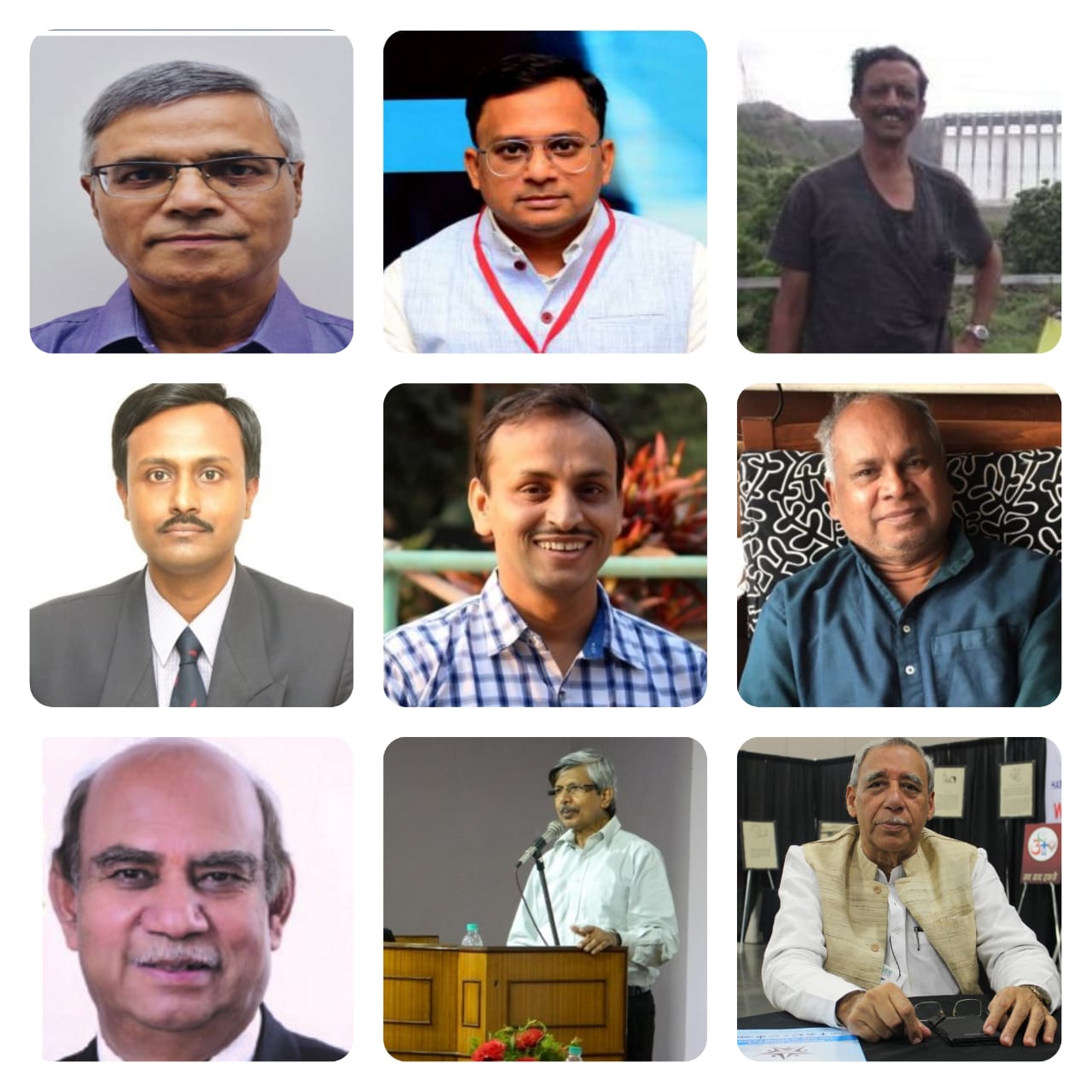Technology is a very important means for a prosperous sustainable society; technology can bring in destruction as well. Let’s recall “Science is truth and therefore welcome, but it must not be governed by the spirit of self-seeking, for then it produces a diseased mentality,” said Tagore ‘At Friend’s Service Council’, Lecture 24 May 1930 in London, English Writings of Rabindranath Tagore (EWRT 4/593-5). He further elaborated his thought “Science also is truth. It has its own place, in the healing of the sick, in the giving of more food, more leisure for life. But when with its help its votaries crush the weak, rob those who are asleep, exploit nature for impious ends, then this sacrilege of theirs will produce punishment and their own weapons will be turned against them as the signs are numerous to-day” The famous quote of Tagore [ to the Youth of Hyderabad, Lecture 16t December 1933, EWRT 3/673-4]. With the advent of the 4th industrial revolution, this is even more imperative to recognize the technological prowess as it is poised to change not only what we do but also who we are.
Speaker: Nitin Maurya
Speaker: Rajeshwar Mishra
Speaker: Rahul Banerjee
Speaker: Sankar Sanyal
Speaker: Nagendra Singh
Speaker: Ajoy Ray
Speaker: Anirban Gupta
Speaker: Francis Sathya
Speaker: CS Solanki
Very rightly, the UN has emphasized that “Technology, science, and capacity building are major pillars of the Means of Implementation …. To eradicate poverty and reorient current unsustainable development trajectories over the period 2015 to 2030, affordable technological solutions have to be developed and disseminated widely in the next fifteen years”
While we were already besieged with multiple socio and economical disruptions because of economic slowdown, climate change, war, and social disharmony across the world, the novel coronavirus sets all of us into a vortex of unprecedented disorders in our lives and livelihoods. As any disaster brings in several social disorders leading to chaos, conflicts, and inequitable use of the resources related to basic survival, the COVID-19 situation is also simmering with various kinds of challenges, at the same time maybe with few opportunities as well to usher into a new world paradigm.
In this context,
a) Technology Alumni Association of IIT Kharagpur, Kolkata Chapter,
b) Rural Development Forum of Institution of Engineers (India) and
c) SPADE (a development organization celebrating 25 years of operations in the social development sector) planned together to bring in academics and practitioners for discussions and debates to stir our thinking and help in suggesting ways how technology and technologist can work towards development that ensures inclusivity, equality, resilience, justice, and sustainability.
The speakers in the webinar
A. On the 1st of the 2-day webinar on “Technology for the unreached: Policy and Implementation”, there were 4 more speakers namely
- Narendra Singh, President, The Institution of Engineers (India),
- Chetan Solanki, Founder, Energy Swaraj Foundation and Professor, IIT Bombay,
- Francis Sathya, Development Practitioner & Humanist, Toronto and
- Rajeswar Mishra, Development Practitioner with national and international experience and Adjunct Professor, TISS Patna.
The 1st day’s seminar was moderated by Mr. Aniruddha Roy, Member, Technology Alumni Association of IIT Kharagpur, Kolkata Chapter.
B. On the 2nd day of the webinar, there were 4 more speakers namely
- Prof Sankar Kumar Sanyal, President, All India Harijan Sevak Sangha (founded by Mahatma Gandhi) to start with key note,
- Nitin Maurya, Lead, Dissemination, and Social Diffusion Department, National Innovation Foundation, Guwahati,
- Anirban Gupta, Director, BOG-RDF, IEI and Professor IIEST and
- Ajay Roy, Director JIS Institute of Advanced Studies, Former Director-IIEST and Former Professor, IIT Kharagpur, Member BOG-RDF of IEI.
The 2nd day’s seminar was moderated by Dr. Rajeshwar Mishra, who was a guest speaker on the 1st day
Key learning points from the deliberations
The key areas of thrust were:
- Empathy to learn from people, as learning from the so-called mainstream institutes is either too bookish or urban-centric
- Willingness to collaborate and go partnering with people
- Recognition of the knowledge of indigenous people (eg. round chapati of Prof. Solanki, Bhil tribe innovations of Rahul Banerjee, Farmers’ knowledge – Dr. Mishra)
- Finite resources of Earth and therefore “balancing for sustainability”
- Sustainability in approaches, change in lifestyles – need for consideration of not only technological viability and economic viability but also environmental friendliness, institutional doability, and social impacts
- Power of Tech companies leading to social and economic disruption
- Local-level innovations happening and their scope of up-scaling
